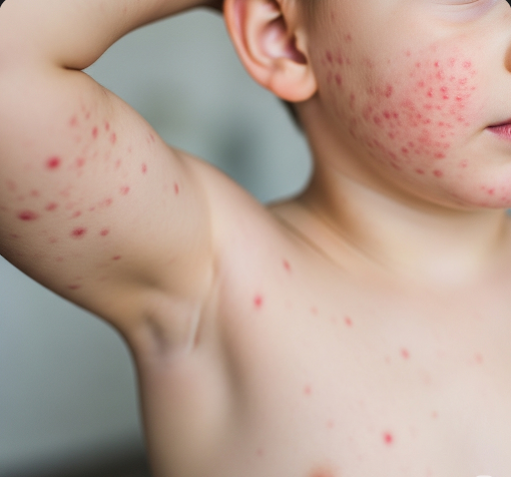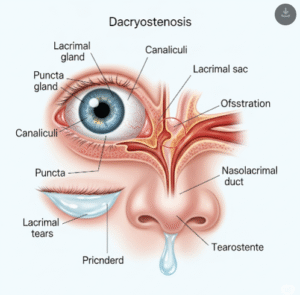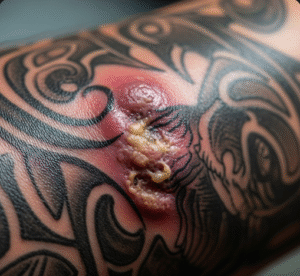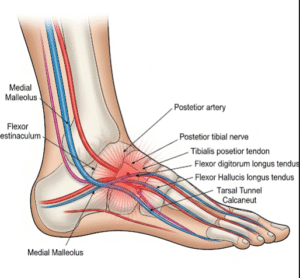Overview
Rubella, also known as German measles, is a contagious viral infection caused by the rubella virus. It usually causes a mild illness with a rash and fever but can have serious consequences if contracted during pregnancy, potentially leading to congenital rubella syndrome in the fetus. Vaccination has significantly reduced the incidence of rubella worldwide.
What is Rubella?
Rubella is an airborne viral infection characterized by a distinctive pink rash and mild flu-like symptoms. The virus spreads easily through respiratory droplets from coughs or sneezes. While generally mild in children and adults, rubella infection during pregnancy can cause severe birth defects or miscarriage.
Symptoms
Symptoms typically appear 2 to 3 weeks after exposure and may include:
- Low-grade fever
- Rash that starts on the face and spreads to the body
- Swollen and tender lymph nodes, especially behind the ears and neck
- Runny nose
- Joint pain or swelling, especially in young women
- Mild conjunctivitis (red eyes)
Causes
Rubella is caused by the rubella virus, transmitted through airborne respiratory droplets from an infected person. It is highly contagious, particularly in crowded settings like schools and childcare centers.
Risk Factors
Risk factors include:
- Being unvaccinated or incomplete vaccination
- Close contact with infected individuals
- Pregnancy, especially during the first trimester
- Living or traveling to areas with low vaccination coverage
Complications
Complications are rare but can include:
- Congenital rubella syndrome when infection occurs during pregnancy, leading to heart defects, deafness, cataracts, and developmental delays in the baby
- Arthritis, especially in adult women
- Encephalitis (brain inflammation)
- Bleeding disorders
Prevention
Prevention strategies include:
- Routine vaccination with the MMR (measles, mumps, rubella) vaccine
- Ensuring women of childbearing age are immune before pregnancy
- Avoiding exposure to infected individuals, especially for pregnant women
- Public health surveillance and outbreak control
Treatment Options in Korea
Korea provides effective prevention and supportive care for rubella through national vaccination programs and healthcare services.
1. Vaccination Programs – The MMR vaccine is part of the national immunization schedule to prevent rubella.
2. Supportive Care – Treatment focuses on relieving symptoms such as fever and joint pain with medications like acetaminophen or NSAIDs.
3. Prenatal Screening and Counseling – Pregnant women receive rubella immunity screening and guidance to prevent congenital infection.
4. Management of Complications – Specialized care is provided for congenital rubella syndrome in pediatric centers.
5. Public Health Measures – Korea maintains robust disease surveillance and outbreak response to control rubella spread.
6. Leading Korean Medical Centers for Rubella Care
- Seoul National University Hospital – Infectious Diseases Department
- Asan Medical Center – Immunization Clinic
- Samsung Medical Center – Pediatric and Infectious Disease Units
- Severance Hospital – Maternal and Child Health Services













